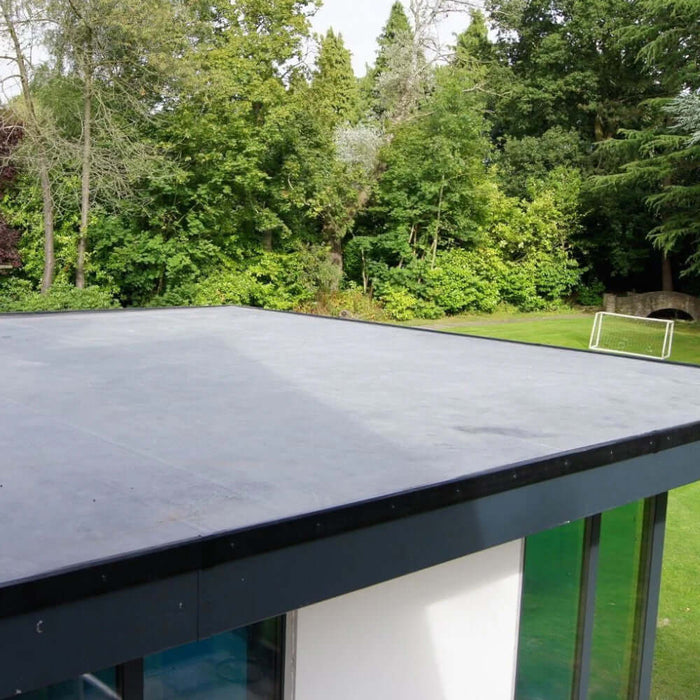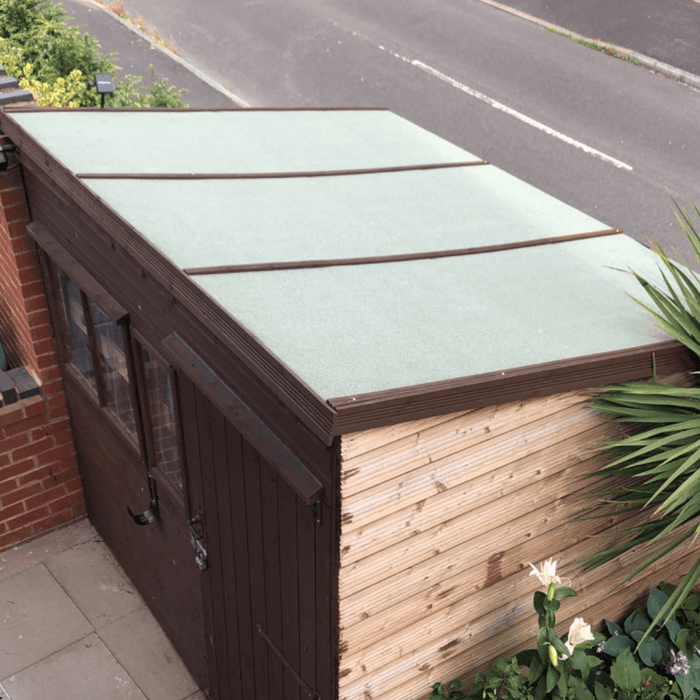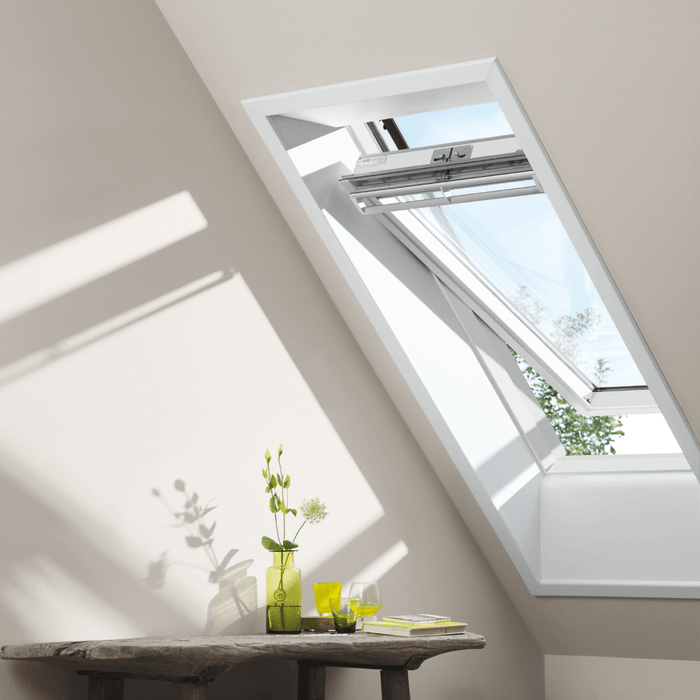Condensation in your loft space is a common issue that can lead to serious problems, such as mold growth, timber decay, and insulation damage. Understanding why condensation occurs and how to tackle it is crucial for maintaining a healthy, energy-efficient home. In this blog, we’ll explore why condensation happens in the loft, particularly after insulating, snow, or cold weather, and how you can reduce or eliminate it using effective ventilation solutions like felt lap vents.
Condensation in Loft After Insulating
When you insulate your loft, you're adding a layer of protection to your home, which is fantastic for improving energy efficiency and reducing heating costs. However, insulation can also contribute to condensation problems if not properly installed. Insulation works by preventing heat from escaping, but if warm, moist air from the living spaces below rises into the loft and can't escape, condensation will form on cooler surfaces, especially during cold weather.
To prevent this, it’s essential to ensure that your loft is properly ventilated. Without the correct airflow, the warm, moist air will condense on cold surfaces like the roof rafters, leading to dampness and potential mold growth. One of the most effective ways to control condensation in a newly insulated loft is to install felt lap vents. These vents allow air to circulate freely through your loft, reducing moisture levels and preventing the buildup of condensation.
You can find felt lap vents designed specifically for this purpose here:
Condensation in Loft After Snow
After a snowstorm, condensation in the loft can be a particularly troubling issue. Snow creates a layer of cold on the roof, which cools down the loft space significantly. If your home is not well-ventilated, any warm, moist air inside the loft can lead to condensation forming on surfaces such as the roof timbers or insulation. This is exacerbated if the loft has inadequate airflow, trapping moisture inside the space.
When the snow starts to melt, the moisture that has formed in the loft can cause further damage. It’s essential to ensure proper ventilation to combat this issue. Felt lap vents, like those available at Ashbrook Roofing, help maintain a constant flow of fresh air, allowing the moisture-laden air to escape before it can condense on the cold surfaces.
Condensation in a Loft Space
Condensation occurs in any space where warm, moist air meets a cold surface. In the loft, this can be especially problematic, as the roof is exposed to external temperatures, while the inside of your home tends to be much warmer and more humid. Common sources of moisture in your loft include warm air from showers, cooking, or even drying clothes indoors.
To prevent condensation in the loft, it's important to address both the moisture sources and the ventilation. Improving ventilation is key to allowing any trapped moist air to escape. By installing effective loft ventilation systems like felt lap vents, you can improve airflow and reduce moisture buildup. This simple solution can significantly reduce the chances of condensation forming and the resulting damage.
Condensation in Loft During Cold Weather
Cold weather exacerbates condensation problems in loft spaces. When the temperature drops outside, the roof cools down, causing any warm air inside the loft to cool and condense into water droplets. This is particularly common in poorly ventilated lofts, where the warm, moist air cannot escape and instead settles on cold surfaces.
To combat this, it’s essential to enhance the ventilation in your loft. Felt lap vents help provide a steady flow of fresh air into the loft, allowing the warm air to escape and preventing it from condensing onto cold surfaces. These vents are a cost-effective and efficient solution to combat condensation in cold weather and help maintain a dry, well-ventilated loft throughout the winter months.
How to Reduce Condensation in Loft Space
To reduce condensation in your loft space, there are several steps you can take:
-
Improve Insulation: Proper insulation helps to maintain a consistent temperature in the loft and prevents cold spots where condensation can form. Make sure your insulation is correctly installed to avoid any gaps that may allow warm air to escape.
-
Install Loft Vents: One of the most effective ways to reduce condensation is to improve the airflow in the loft. Felt lap vents are designed to allow air to circulate freely, ensuring that any moisture-laden air can escape before it causes condensation.
You can find a range of loft vents at Ashbrook Roofing, including options like:
-
Ensure Proper Ventilation: Along with the vents, you should ensure there’s a balanced system of airflow in your loft. This includes making sure that air can enter through the soffit vents and exit through the ridge or eaves. This will help reduce the accumulation of moisture and maintain a dry loft space.
-
Check for Leaks: Ensure that your roof is free of leaks, as water ingress can increase humidity in the loft, making condensation problems worse.
By addressing these key issues, you can reduce condensation and protect your loft space from damage. Investing in felt lap vents is a simple and effective way to prevent condensation and keep your loft in great condition.
Conclusion
Condensation in the loft is a common problem that can lead to significant damage to your home, but it’s preventable. Whether it’s after insulating, during cold weather, or following a snowfall, the key to reducing condensation is proper ventilation. Felt lap vents are an ideal solution to improve airflow and prevent moisture from accumulating in your loft.
If you're looking for high-quality loft ventilation products, check out our selection at Ashbrook Roofing:
Or browse our full range of loft vents here: Loft Ventilation Collection.
Take control of your loft's ventilation today and keep your home dry, healthy, and energy-efficient.










